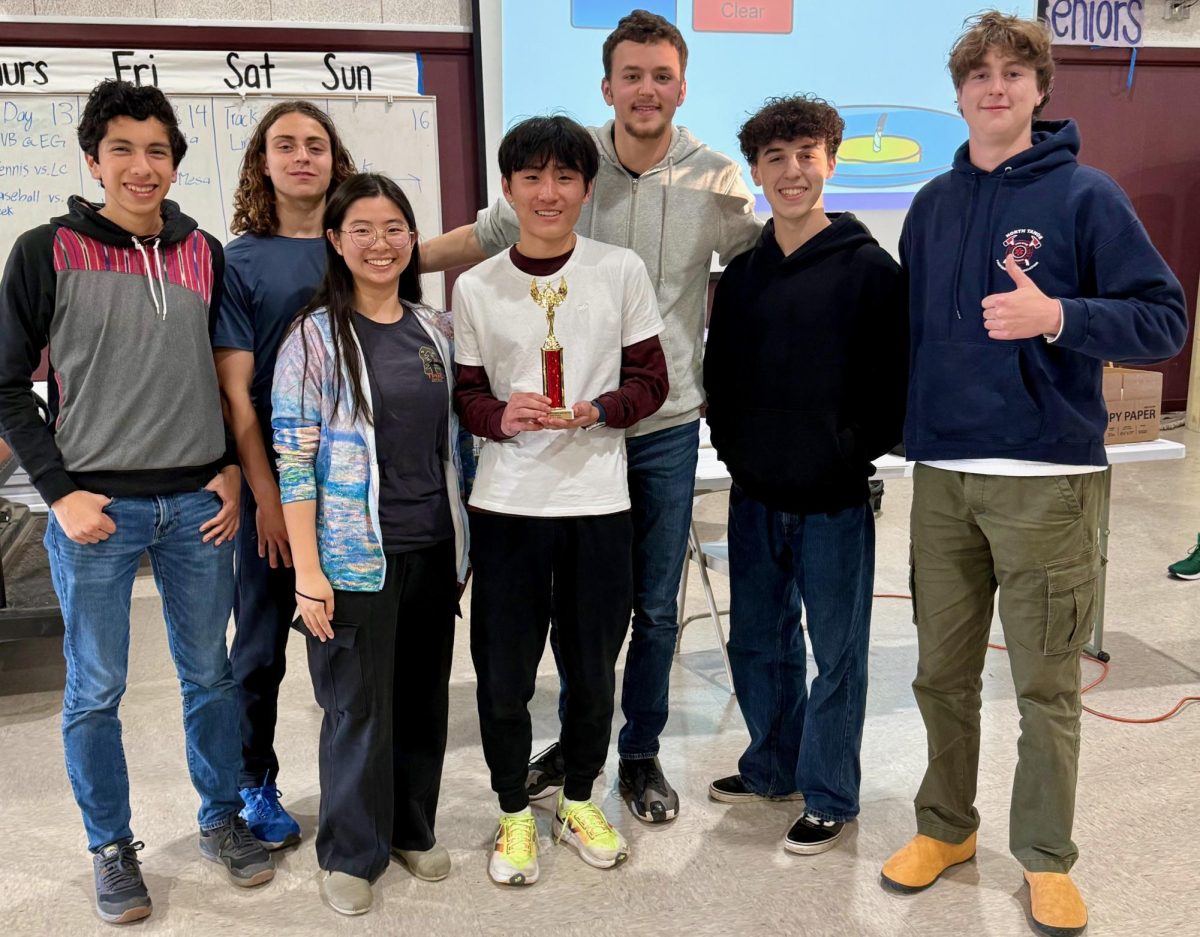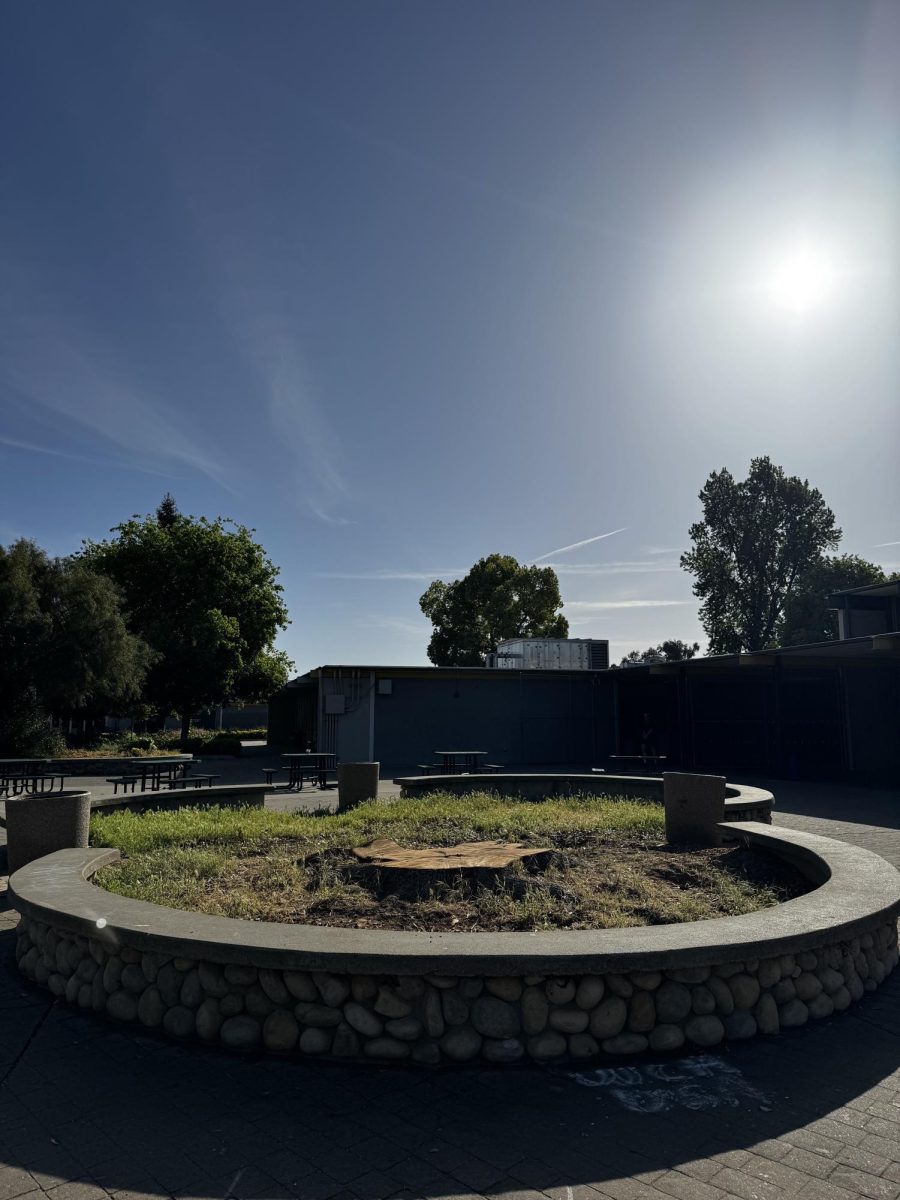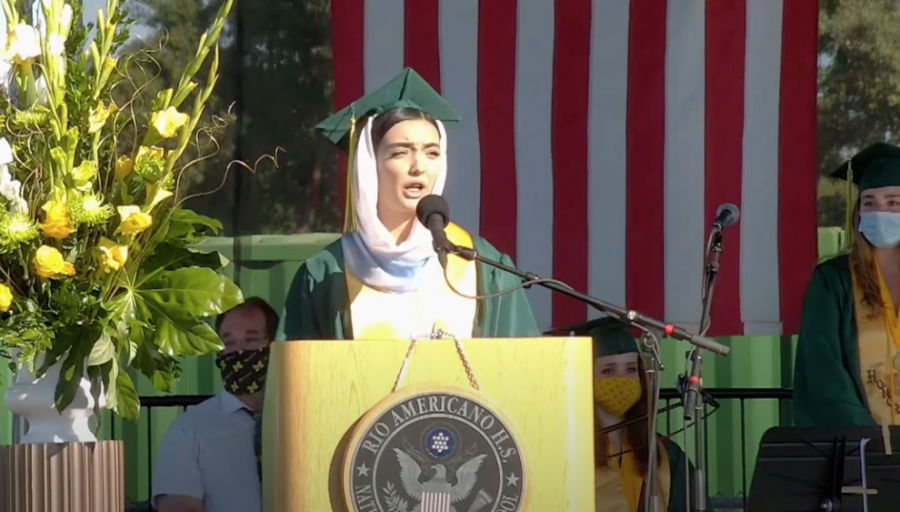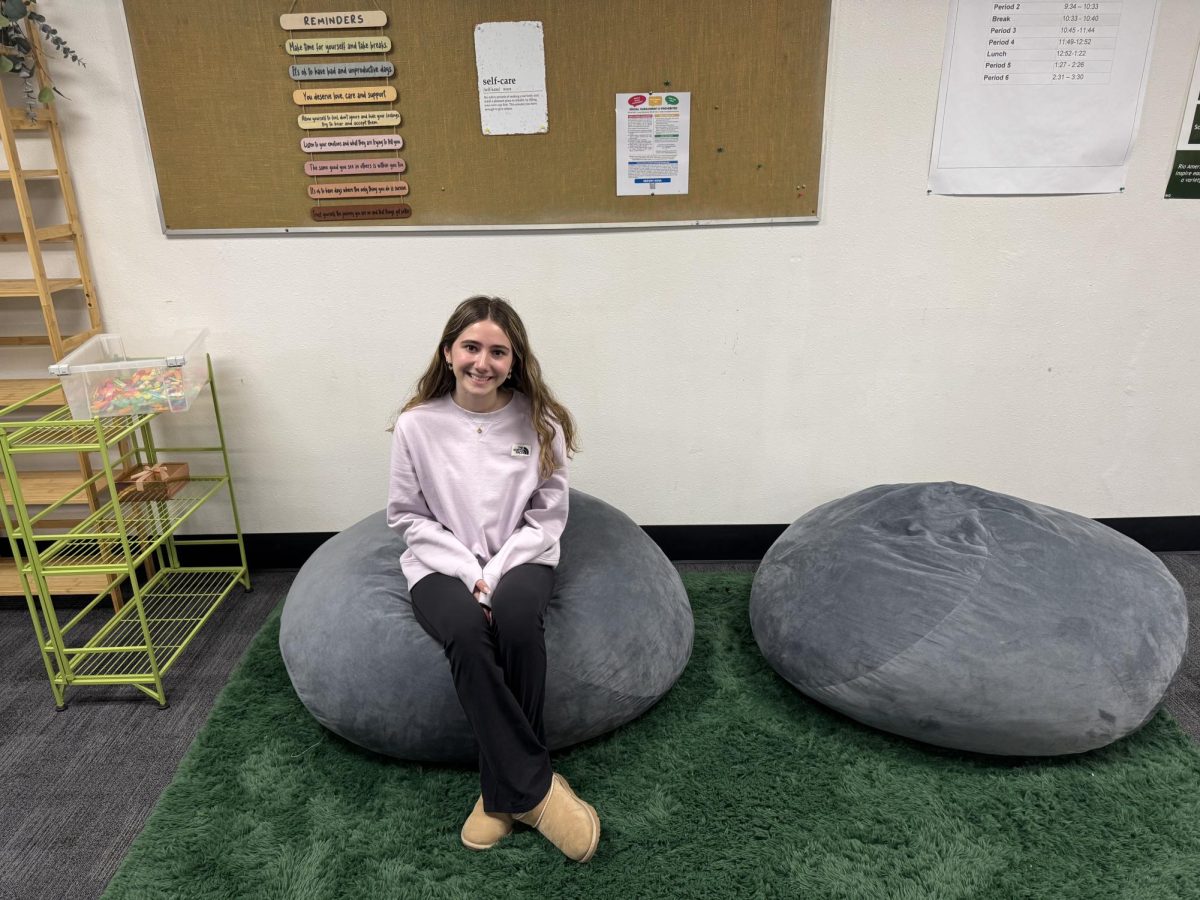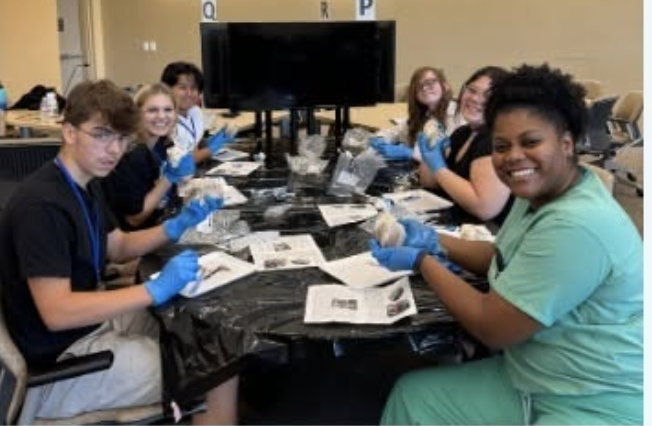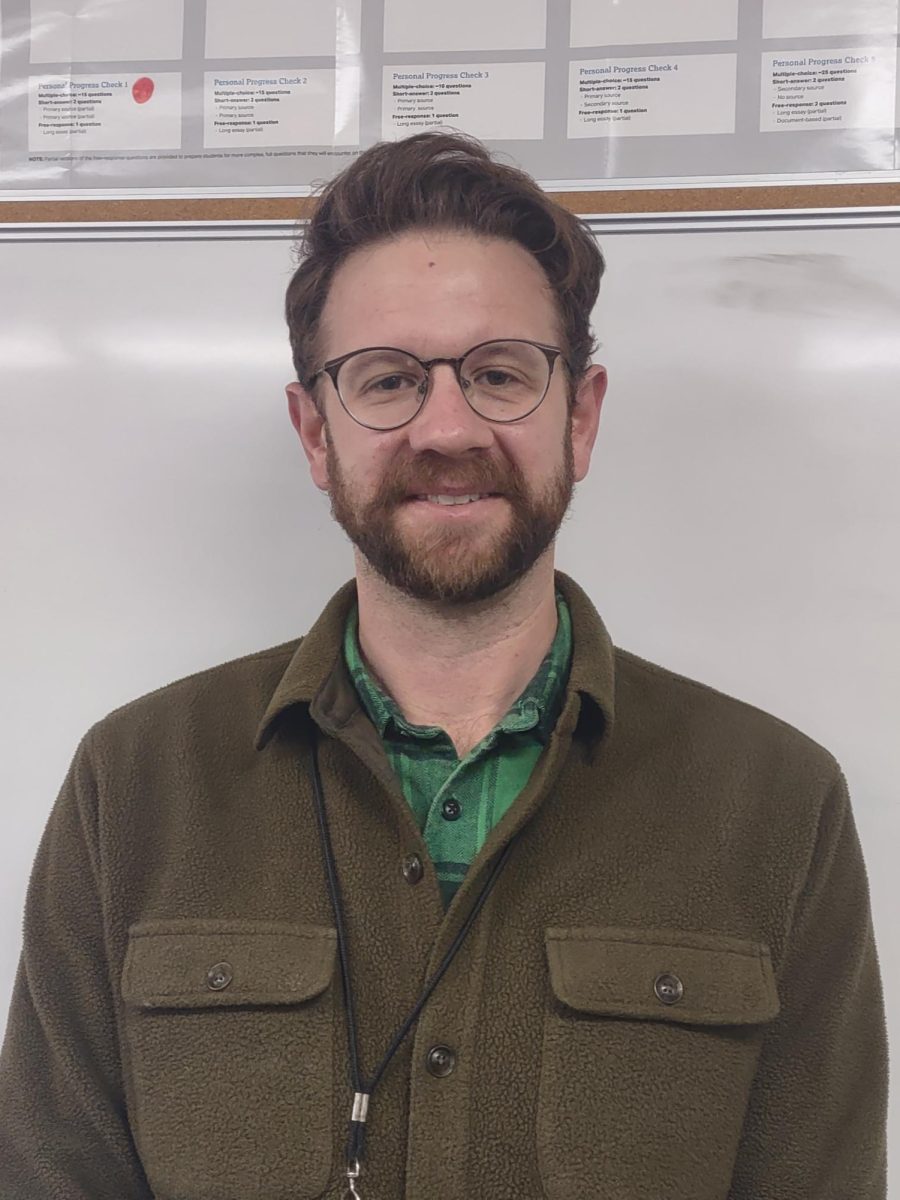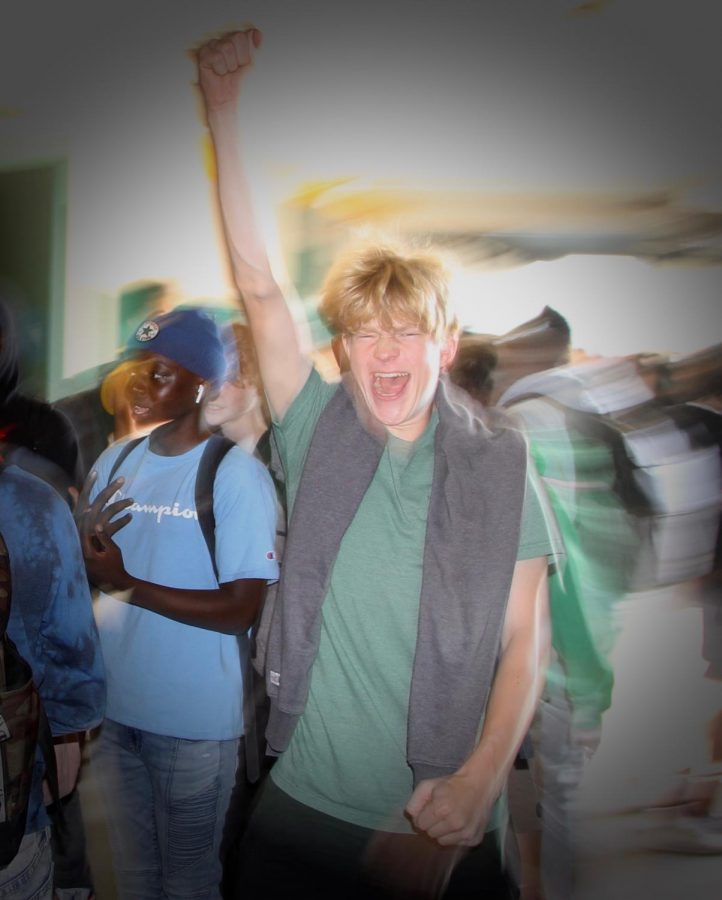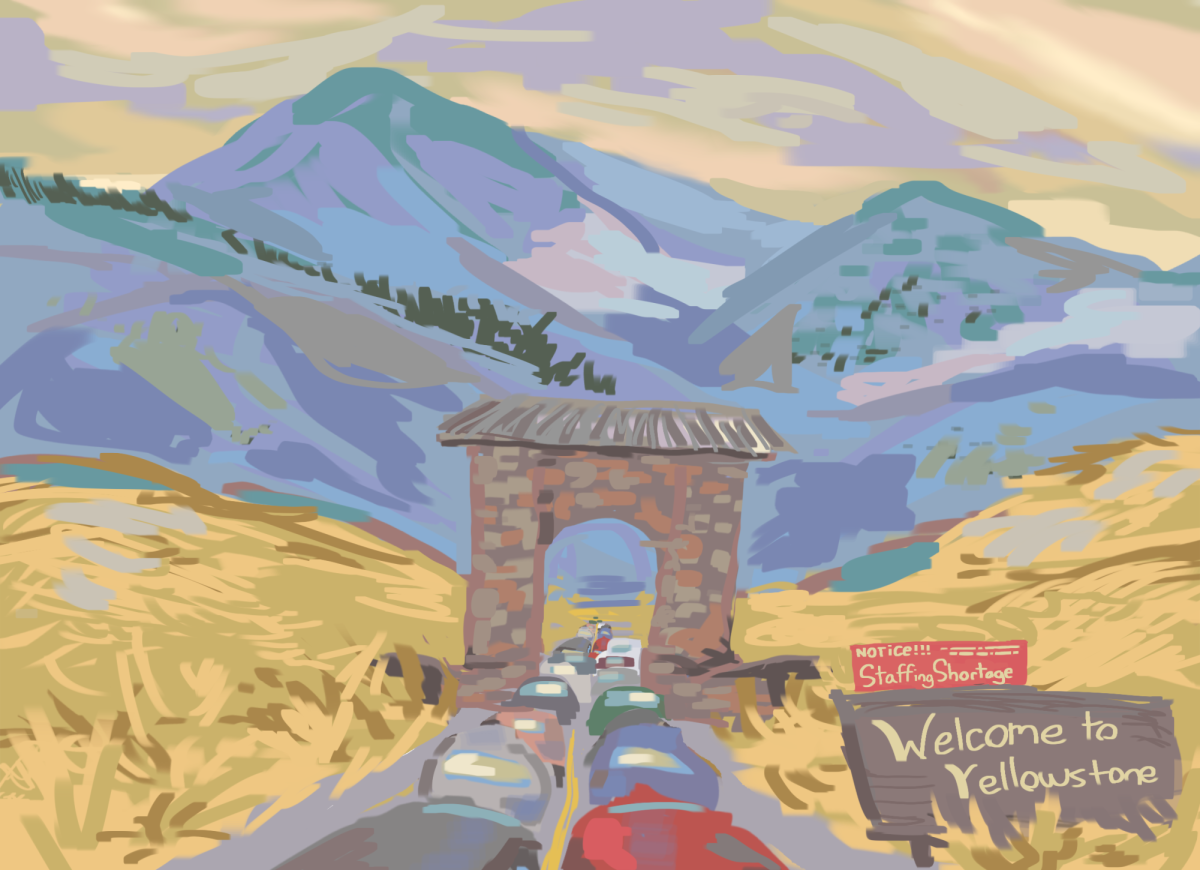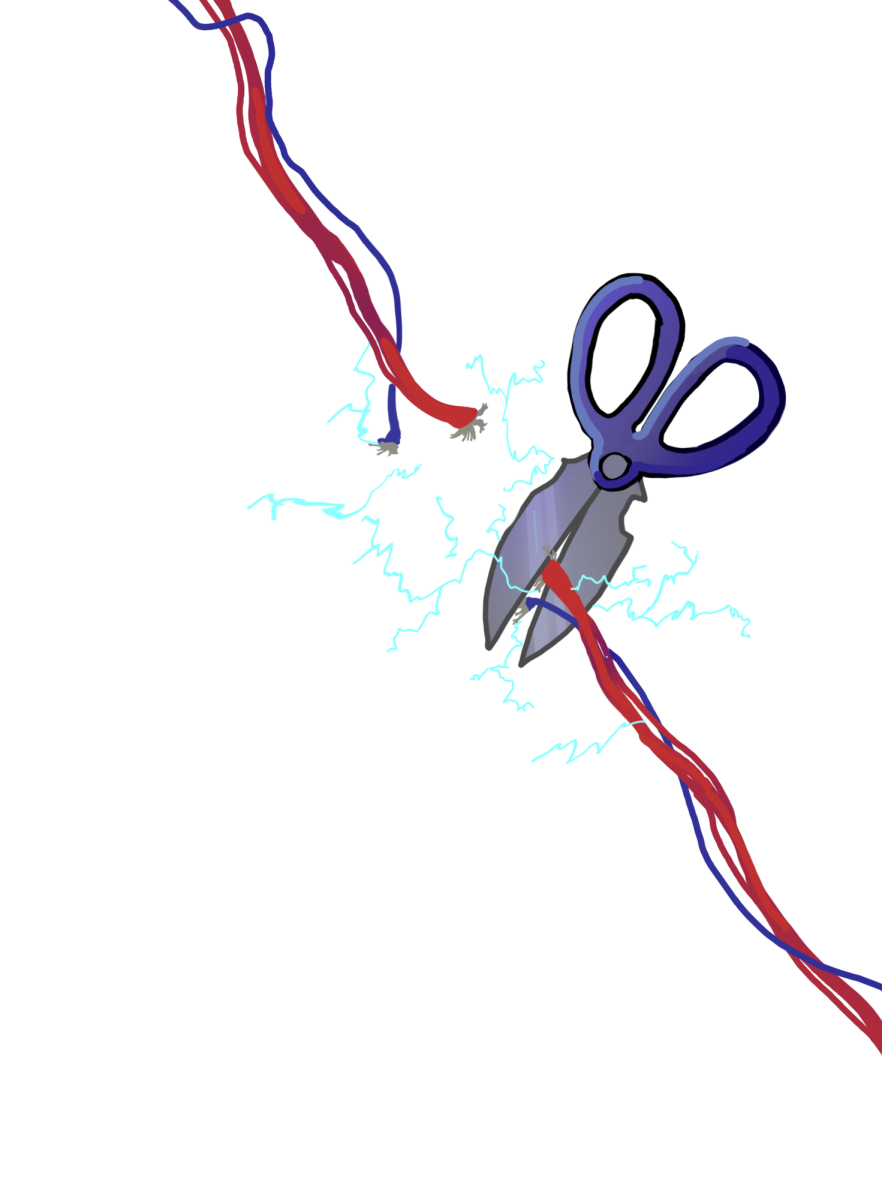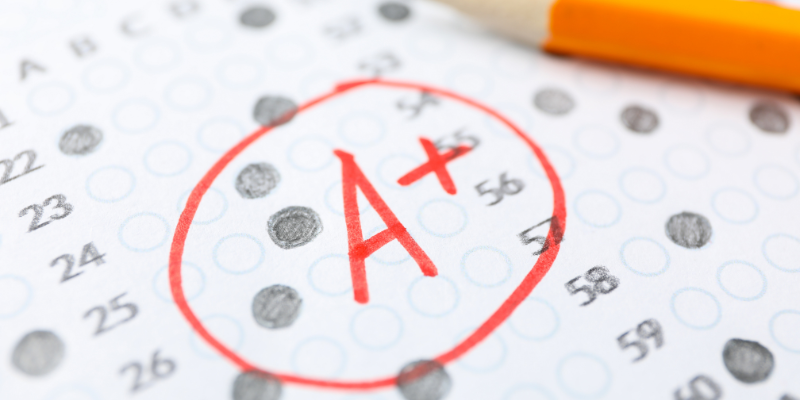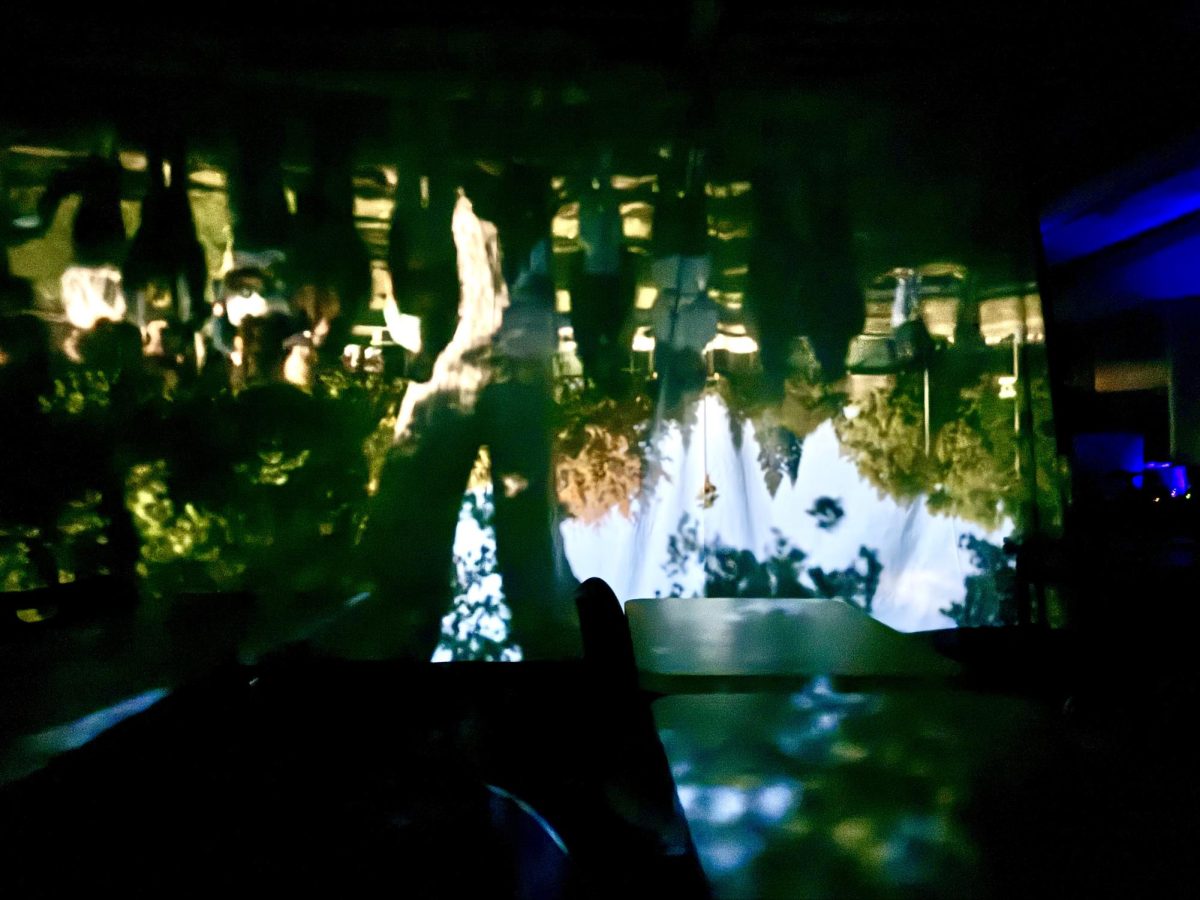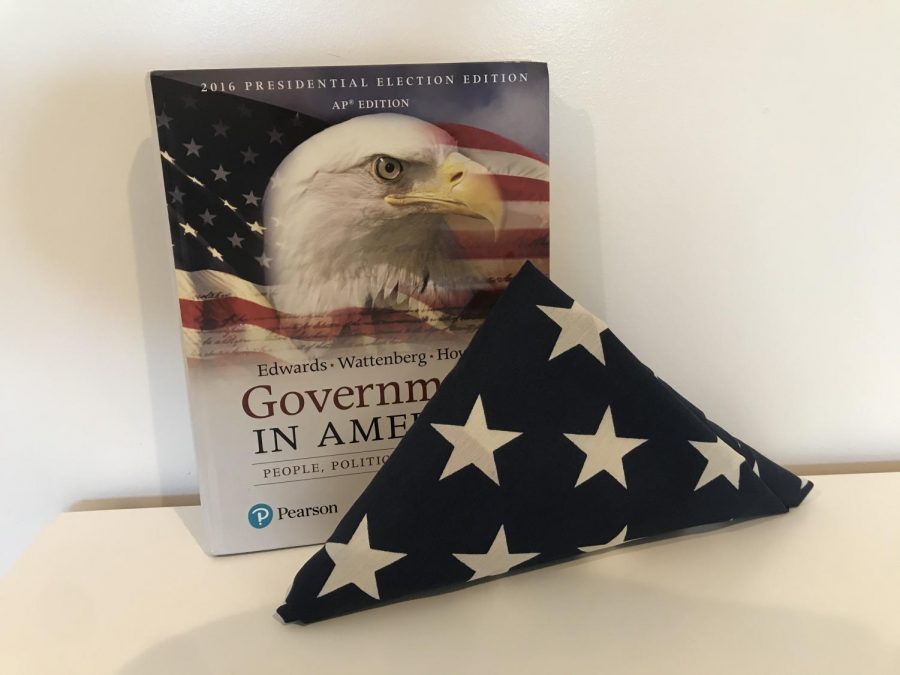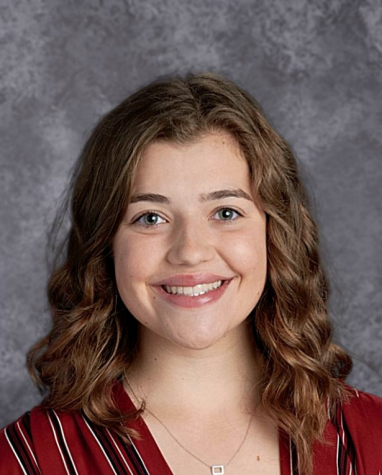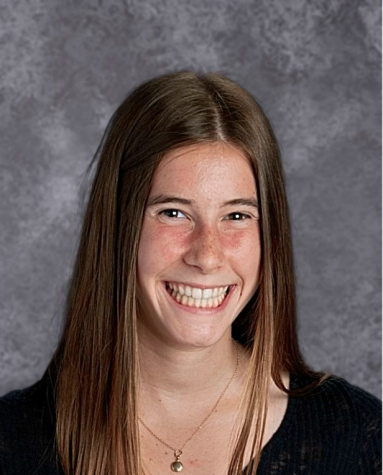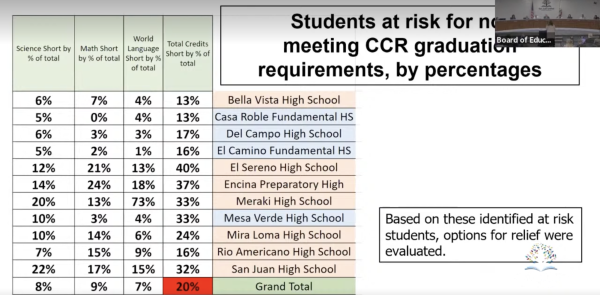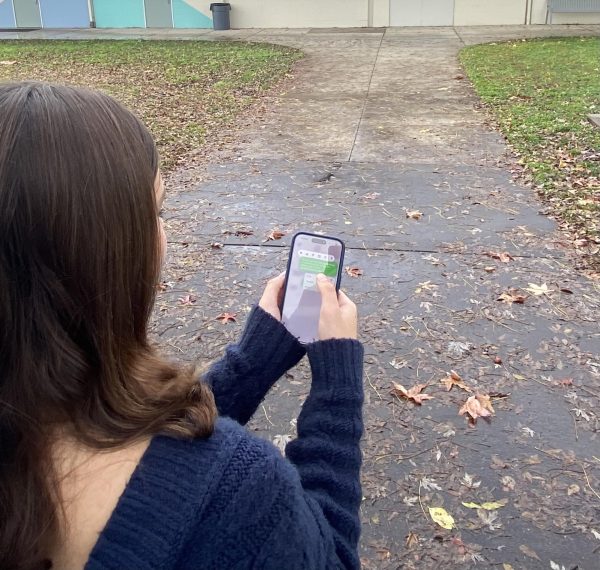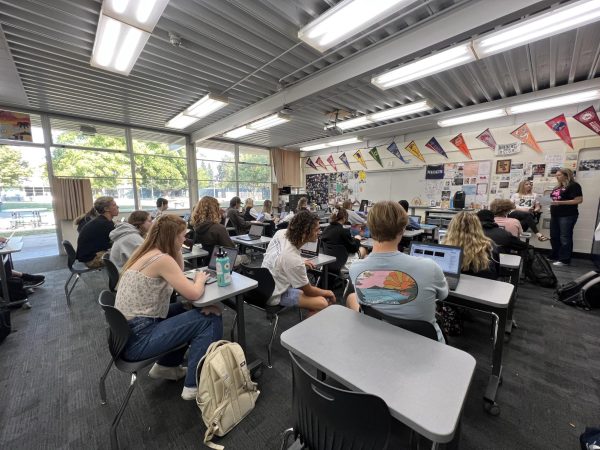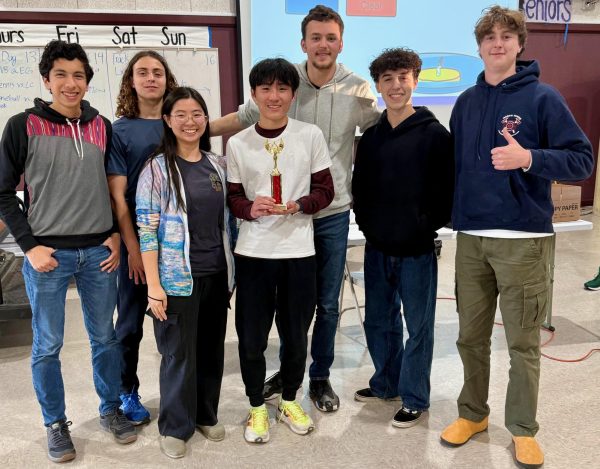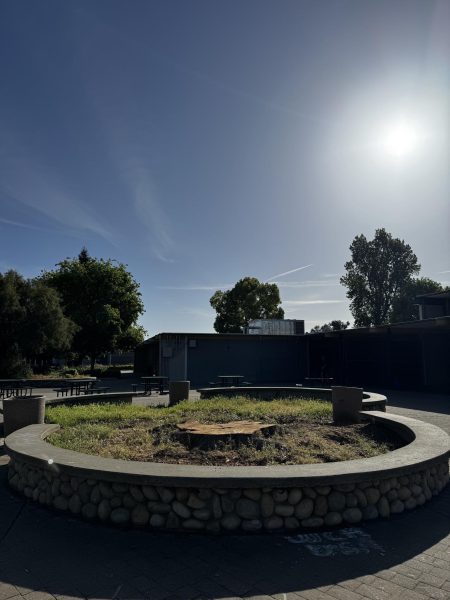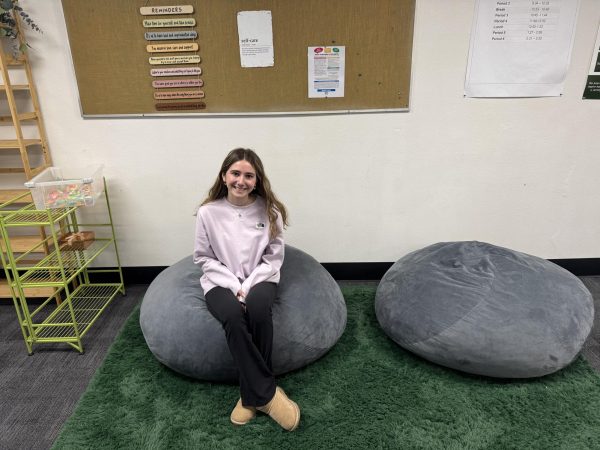Patriotism in the classroom: is it under attack?
Former President Trump’s 1776 Commission seeks to promote patriotic education in America but students don’t feel that patriotism is currently threatened in schools.
Photo By Katelyn Newton
At the forefront of discussions surrounding patriotic education are government and civics classes which, required by the state of California for high school graduation, offer students the opportunity to learn about how governments work and their rights to participate in the government.
Though the federal government lacks the authority to control what is taught in schools, President Trump founded the 1776 Commission in hopes of promoting a patriotic and pro-American curriculum nationwide.
The president first presented the idea of the Commission in September of last year, the members of the Commission first met on Jan. 5 and released their first report on Jan. 18. The president believes that recent cries for racial and social justice are the direct result of radical left-wing indoctrination in education for decades and that students in public schools are taught to hate their country.
Almost 70 percent of Rio students, however, largely disagree that civic and history lessons and classes should be more patriotic from their own experiences. In fact, on the contrary, the majority believed more should be done to highlight the experiences of marginalized groups in American history.
Senior Steven Vivaldi says that the required classes for high school students set them up to be patriotic citizens as adults.
“The purpose of US and World History [classes] are to provide a student with a balanced perspective to make their own opinions and the US Government class teaches students their own freedoms and rights,” Vivaldi said. “So yes, I would say history is currently taught patriotically because we are provided with the legal knowledge that we are free and [have] the ability to use that freedom to critique our own government which is the most American thing I’ve ever heard.”
The creation of Trump’s Commission appears to be a direct challenge to the 1619 Project, developed by Nikole Hannah-Jones, which seeks to reframe history in the context of slavery and the contributions of black Americans. The starkly contrasting goals of the two projects have led many people to question the meaning of patriotism and how it should be approached in public schools.
The release of the report officially denounces the project and says that progressivism has formed a fourth, unregulated branch of government and creates an environment where fascism can thrive. It claims that the civil rights movement, while not horrible to begin with, has been warped into “identity politics” and teaches Americans to unnecessarily blame their own country for oppression.
Government teacher Justin Mason says that the fluidity of history makes it so that presenting an accurate portrayal of historical events is both challenging and rewarding.
“Our United States and World History classes at Rio have made efforts to include various viewpoints in history,” Mason said. “One of the things I enjoy about history is that it isn’t written in stone. Even today we are still learning new information about who we are and the twists and turns of the human experience.”
In establishing the Commission, whose purpose is to “produce a report regarding the core principles of America’s founding and how these principles may be understood to further the blessings of liberty” according to a White House Statement, Trump hopes to restore patriotic education in America’s public schools.
History teacher William Taylor says that patriotism has many sides and especially at the high school level, students are more mature and able to understand more complex ideas.
“Patriotism should never be confused with exceptionalism, because we must deal with a clearly recorded history of slavery, genocide, discrimination and exploitation,” Taylor said. “Much of my impression of patriotism comes from the study of people and movements that fight to end injustices, especially when the forces against them are so entrenched. To me, Alice Paul, Medgar Evers, Harvey Milk, Muhammad Ali (just to name a few) are patriots because they made us challenge what tradition and the majority of society believe to be true.”
One of President Trump’s main pillars of patriotic education involves denouncing critical race theory which seeks to emphasize the effects of historical racism on modern America. Critical race theory looks to incorporate more diverse voices from varying backgrounds, which the President claims villainizes Americans in history and forces young children into oppressing fellow Americans.
Students appear to disagree with these claims; 80 percent either “completely agree” or “somewhat agree” that civic and history lessons should do more to address America’s history of racism and work to include the stories of marginalized groups.
Junior Juliana Bolton says that she believes that the current curriculum is overly focused on European and white-American culture, doing a disservice to minorities and marginalized groups who participated in history as well.
“I believe that including diversity in textbooks is essential because there is a huge problem regarding white supremacy and racism in America, which the education system fails to address,” Bolton said. “Our history is not simply about white-Americans, thus every race should be included, especially minorities and marginalized groups.”
Government teacher Justin Mason says that the inclusion of diverse voices is essential to providing a complete view of any event or idea in history.
“One of our great strengths as a nation is our diversity of people, culture, experiences, and opinions,” said Mason. “When you are looking at any historical or political issue, to focus on a single voice or experience is to give a limited and sometimes incorrect view.”
As ideas from the 1776 Commission’s report enter the curriculum discussion in state and local education departments, yet another voice to consider will be thrown into the ever-changing landscape of modern education. Whether the future brings the incorporation of more diverse voices or the emphasis on traditional American heroes remains to be seen.


